Scientific disclosure
Three Nobel Prize winners meet students in Rio and SP
ABC and Nobel Prize Outreach are promoting events in Uerj, USP and Fiesp next week; Registration is free
Scientific disclosure
Three Nobel Prize winners meet students in Rio and SP
ABC and Nobel Prize Outreach are promoting events in Uerj, USP and Fiesp next week; Registration is free
Participating in the meeting are May-Britt Moser, Serge Haroche, and David MacMillan (Image: Disclosure)
FAPESP Agency – Students from across Brazil and Latin American countries will have the opportunity to speak with three winners of the highest scientific honor: the Nobel Prize. The agenda is part of the Rio-São Paulo Nobel Prize Dialogue 2024, promoted by the Brazilian Academy of Sciences (ABC) in partnership with the Nobel Foundation. This initiative is supported by FAPESP.
Participating in the meeting are David Macmillan (Nobel Prize in Chemistry 2021), May-Britt Moser (Medicine, 2014), and Serge Haroche (Physics, 2012).
Macmillan is a British chemist and professor at Princeton University (US) since 2006. In 2021, he was awarded the Nobel Prize in Chemistry with Benjamin List for devising new ways to build organic molecules, a process known as asymmetric organocatalysis. Catalysts are substances that speed up chemical reactions without becoming part of the final product, which is important for chemists to build molecules. In 2000, researchers developed a new type of catalysis based on small organic molecules and made the chemistry more environmentally friendly. It is used, for example, in pharmaceutical research.
Moser is a psychologist, neuroscientist, and department head at the Center for Neural Computation at the Norwegian University of Science and Technology. He won the Nobel Prize in Medicine in 2014, along with Edward Moser and British-American John O'Keefe. Together they discovered cells important for spatial coding and also for episodic memory. His work has opened doors for science to gain new knowledge about cognitive processes and spatial deficits associated with neurological conditions such as Alzheimer's disease.
Harroche has been a physicist and professor at the Collège de France (France) since 2001. In 2012, he received the Nobel Prize in Physics, along with David Wineland, “for his innovative experimental methods that allow measurement and manipulation of individual quantum systems.” . The two were pioneers in the field of quantum optics. His research has laid the technical foundations for quantum computing, the field that uses quantum mechanics to solve complex problems faster than classical computers.
“By bringing together Nobel laureates, students and regional experts, we aim to inspire the next generation of scientists to take an active role in supporting the society we want,” Adam Smith, scientific director of the Nobel Prize Outreach Foundation, told the ABC press office. .
With the topic Creating our future with science (Creating Our Future with Science), the group will address how society can use science to bring about change toward a better world. “The theme of the Nobel Prize Dialogue in Rio and São Paulo 2024 combines science with the perspective of building the future, uniting the three laureates, the students, the guests and UNESCO. [Organização das Nações Unidas para a Educação, a Ciência e a Cultura]. People often forget the reason for science. Make humanity wiser? Yes excellent. But science needs to serve society. It is time to show that this future needs to be built by science in collaboration with society,” said ABC President, Helena is rare.
The first event will be at the State University of Rio de Janeiro (Uerj), the capital of Rio de Janeiro, next Monday (15/04). The winners will join students, scholars and guests. Participants include Ana Cristina Daddio, Senior Analyst in the UNESCO Global Education Monitoring Report team, and Erika Lanner, Director of the Nobel Prize Museum in Stockholm. The full program can be seen at location.
The group will discuss the value of science, how to make research practice more inclusive and how to adopt more effective scientific dissemination strategies. The responsibility of scientists, the role of universities, and strategies for transitioning to a more sustainable world will also be discussed.
Next Wednesday (17/04) it will be São Paulo's turn to welcome the winners. The program in the capital, São Paulo, will be divided into two meetings, the first in the morning, at the International Publishing Center of the University of the South Pacific. As in Rio, the focus is on allowing dialogue with students, teachers and members of the academic community. In the afternoon, the winners will hold a meeting with businessmen, authorities and public policy makers of the Federation of Industries of the State of São Paulo (FIESP).
This is ABC's third event in Brazil in partnership with the Nobel Foundation, and the first in person – the previous two were virtual, in 2021, due to the COVID-19 pandemic.
A meeting will be held on Monday from 10 am to 4 pm, at the Odillo Costa Velho da Huerg Theater, Rua São Francisco Xavier, 524, Maracanã, Rio de Janeiro (RJ). You can register at: https://adm.alfacredenciamento.com.br/evento/nobel-prize-dialogue-rj/inscricao/participantes.
On Wednesday it will be from 10 am to 12 noon, in the hall of the University of the South Pacific International Broadcasting Centre, Professor Avenida. Lucio Martinez Rodriguez, 310, Butanta, São Paulo (SP). To register go to: https://adm.alfacredenciamento.com.br/evento/nobel-prize-dialogue-sp/inscricao/participantes.
more information: www.nobelprize.org/futuro-ciencia.

“Hardcore beer fanatic. Falls down a lot. Professional coffee fan. Music ninja.”

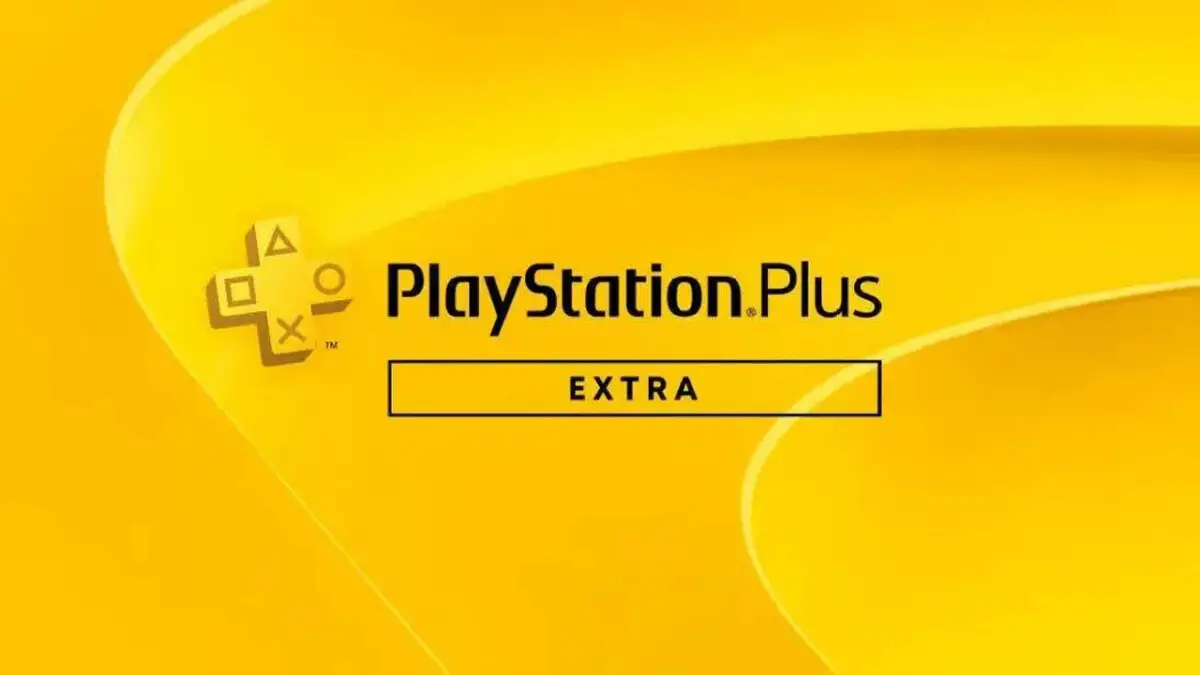
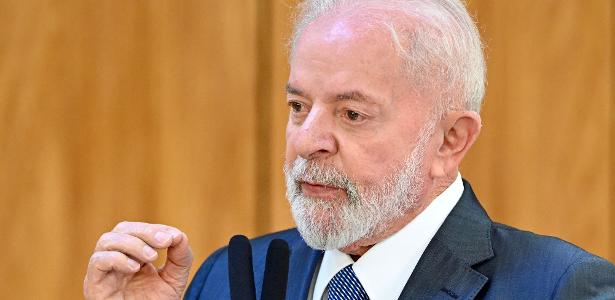

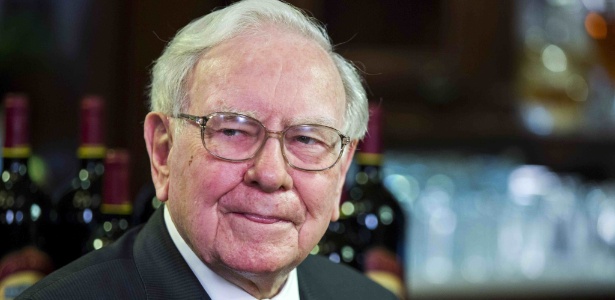
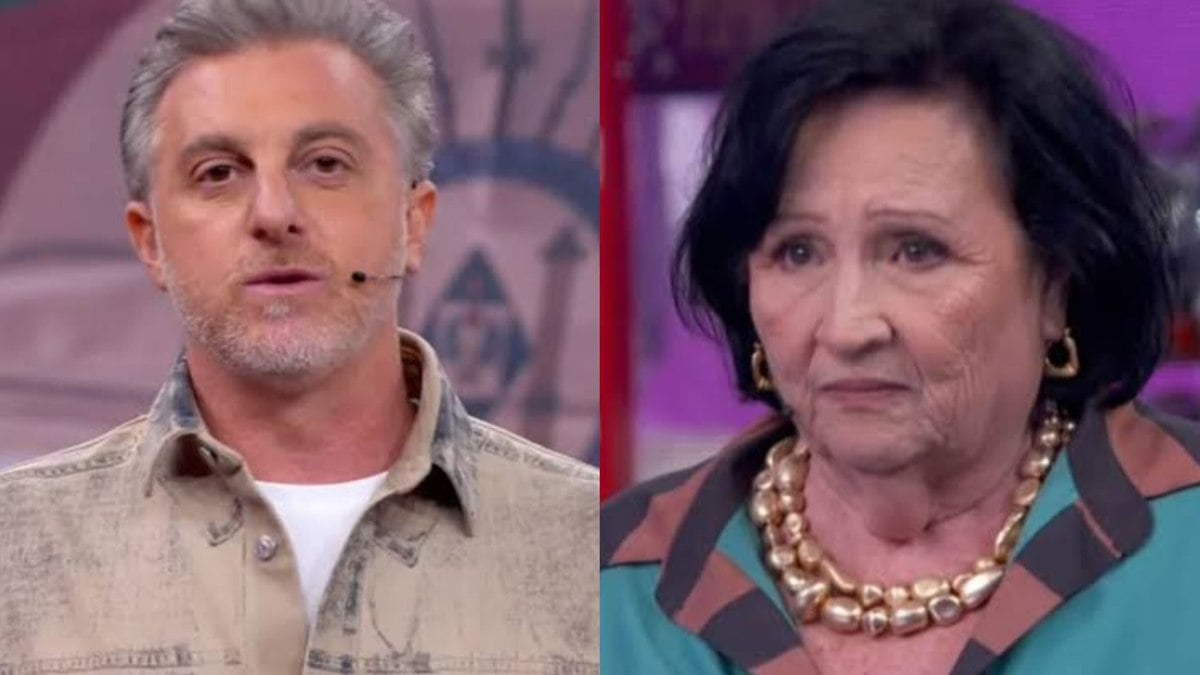
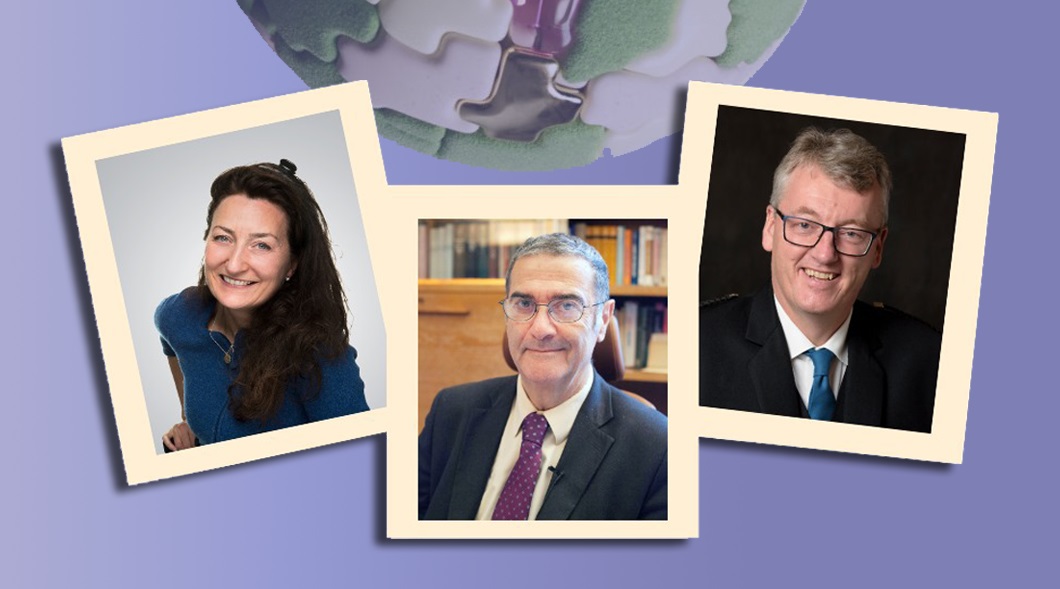
More Stories
The 20 most beautiful names in the world according to science
Sponge Cities: Discover a concept that uses science to prevent tragedies like the one that happened in Republika Srpska | amazing
Sleeping with a fan can cause this health problem